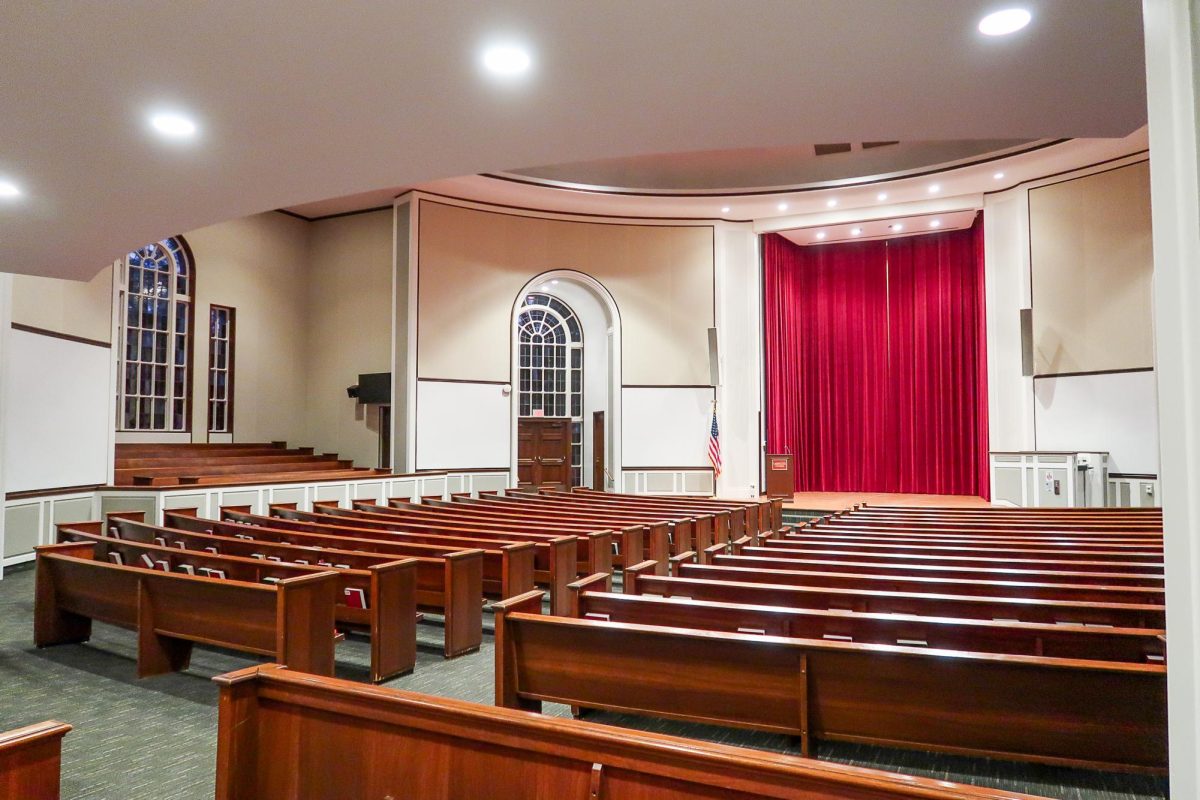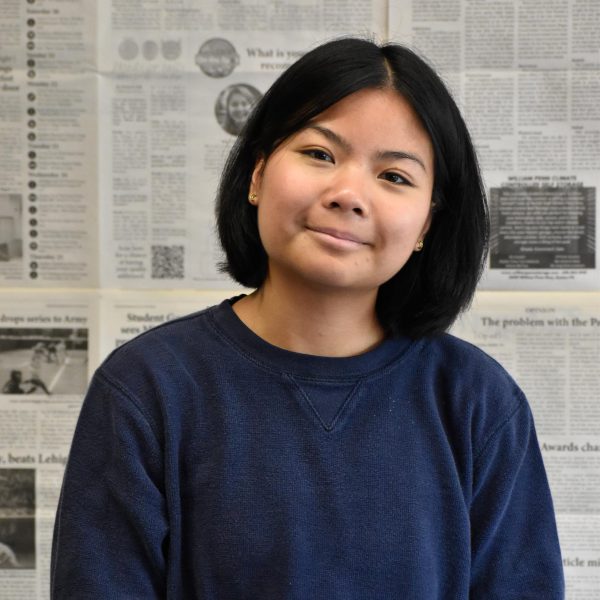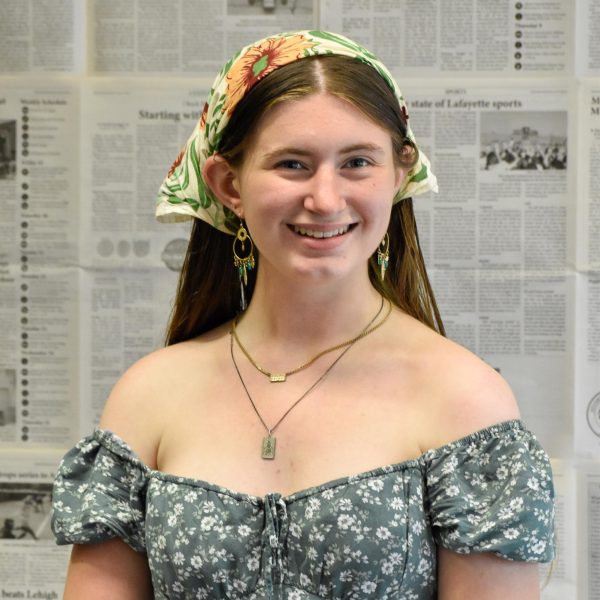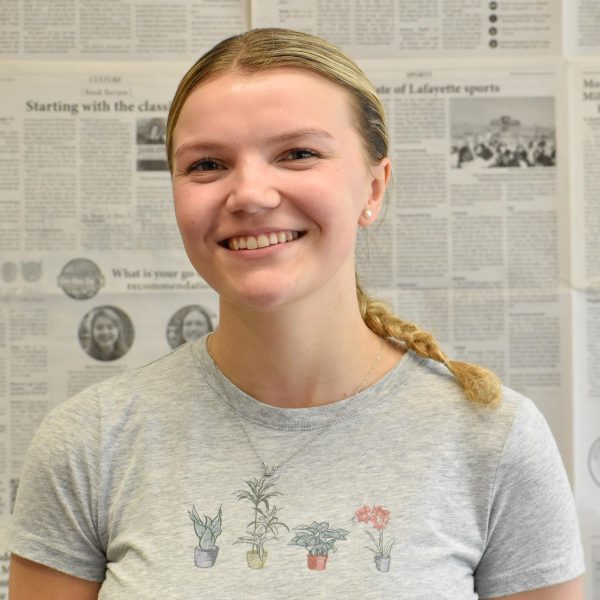Last Monday marked a significant anniversary in the Israel-Hamas war. After a year of discourse, campus leaders reflected on the ongoing conflict in the Middle East amid a day of interfaith prayer service, meditation sessions and additional resources to honor those grieving.
A prayer service took place in Colton Chapel late on Monday afternoon, lasting half an hour. The service was led by College Chaplain and Director of Religious and Spiritual Life Alex Hendrickson.
To begin the service, Vice President for Inclusion Ernest Jeffries introduced Hillel President Naomi Shertzer ‘25 and Muslim Student Association President Yaseen Saleh ‘25. They gave joint opening remarks.
In Hendrickson’s sermon, she emphasized the importance of prayer, compassion and resilience. Following the sermon, a moment of silence was offered to attendants for prayer and reflection while Jorge Torres, a music professor, played music on his baroque lute.
“I am so grateful that [Torres], Dr. Ernest Jeffries, and the student presidents of both MSA and Hillel were there to offer music, prayers for peace, and words encouraging compassion for ourselves and others,” wrote Hendrickson in an email. Saleh could not be reached for comment and Shertzer declined to comment.
Just under 20 people attended the service, including staff from the Office of Intercultural Development and college President Nicole Hurd.
A resource fair in the atrium of Farinon College Center earlier in the afternoon offered grief and bereavement resources as well as prayer, journaling and art stations.
Refugee Action and Lafayette for Reproductive Autonomy Justice and Empowerment, commonly referred to as L-RAJE, collaborated on a service project to create menstruation kits for refugees. Almost 200 kits were created that Monday, all of which will be sent to refugee camps and natural disaster zones, according to Hendrickson.
Colton Chapel was also open for personal prayer and reflection throughout the day, and the Office of Religious and Spiritual Life hosted two Buddhist meditation sessions in the Hogg Interfaith Chapel.
“We can only act effectively in the world by getting in touch with our own sadness, and even powerlessness,” said Keith Wilson, a Zen Buddhist monk, who facilitated the meditation services. “Actions without this type of meditative work tend to be self-centered and to make us feel better or reinforce our worldview, and therefore may not be particularly helpful.”
Hendrickson helped plan the events with Elise Trocker ’26, an Interfaith fellow. All of the Monday events were announced on Oct. 2 in the Lafayette Today, which stated that the college would “pause to honor those who are grieving the ongoing war in Israel and Gaza.”
“It was very encouraging to see how much folks wanted to acknowledge the day by doing reflective, caring, and uplifting things,” Hendrickson wrote.
Numerous students declined to comment on the college’s events and the ongoing conflict in the Middle East.
Outside of college-sponsored events, Hillel hosted a separate vigil, which it called “an open space of community mourning.” Attendants participated in prayers for peace and the Mourner’s Kaddish.
The Film and Media Studies department held a three-day-long series of events, including lectures and workshops, with filmmaker Saeed Taji Farouky as part of its Palestinian Film Series. It featured a discussion on the inadequacy of industrial filmmaking in the representation of Palestine today and “how these elements can be challenged and contradicted to devise new ways of storytelling.”
Some faculty members expressed disappointment in the college’s overall response to the war over the past year.
“As an institution, we’ve failed to really provide opportunities for our students to get perspectives on this issue,” said Hafsa Kanjwal, a professor of South Asian history. “And although there’s been attempts to hold events or teach-ins, it’s been disappointing to see that they’re not widely or broadly attended by both students and faculty on this campus.”
Jeremy Zallen, a history professor, noted that the fall semester has seen less student discourse compared to last semester.
Kanjwal and Zallen were among 52 faculty and staff members who signed an open letter to Hurd urging her to reevaluate the college’s policy on disruptive behavior, following administrative backlash to a student-led protest showing support for Palestine.
The protest was one of several that took place on Lafayette’s campus in the year since the Oct. 7 attacks. The first of these protests led to an investigation by the Biden administration into Lafayette regarding alleged antisemitism, during which the college was found to have had an “unsatisfactory” response to the incident.
Hendrickson remains hopeful for the future of the discourse on the college’s campus.
“I said yesterday in the service that I often think of a quote from my dear friend, author MaryAnn McKibben-Dana, who says, we should always ‘fight back with beauty,'” Hendrickson wrote. “I saw a lot of beauty and love shared on Monday. It was encouraging.”
Disclaimer: Design Director Naomi Shertzer ’25 did not contribute writing or reporting.



























































































































Anonymous • Oct 11, 2024 at 8:57 am
What the article isn’t saying is that the three-day FAMS event glorified Ghassan Kanafani, a leader of terrorist organization PFLP which orchestrated crimes including the 1972 Lod Airport Massacre (event can be found on the Lafayette College Calendar of Events).
This needs to be addressed if the school wants to be serious about ensuring students are safe on campus. Too many schools in the U.S. have seen students glorify terrorism in the aftermath of 10/7.
anonymous • Oct 17, 2024 at 11:23 pm
What is also not mentioned is the students’ SUDDEN concern about THIS particular incident in the world. Why aren’t these same students as vocal and concerned about Ukraine…..and why are these students, who are so concerned with humanity, not mentioning the hostages, some of whom are Americans…..